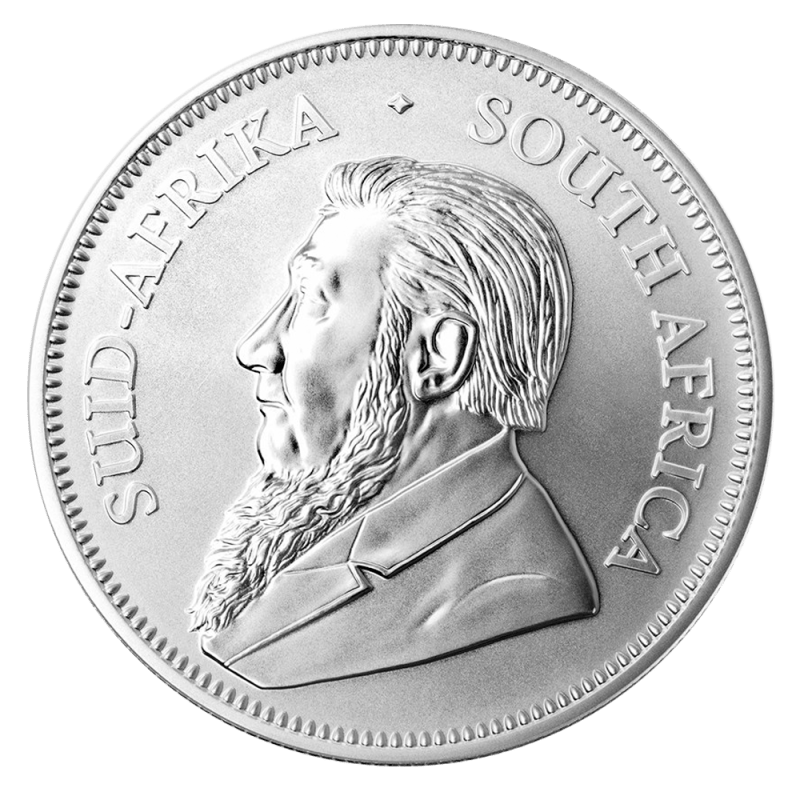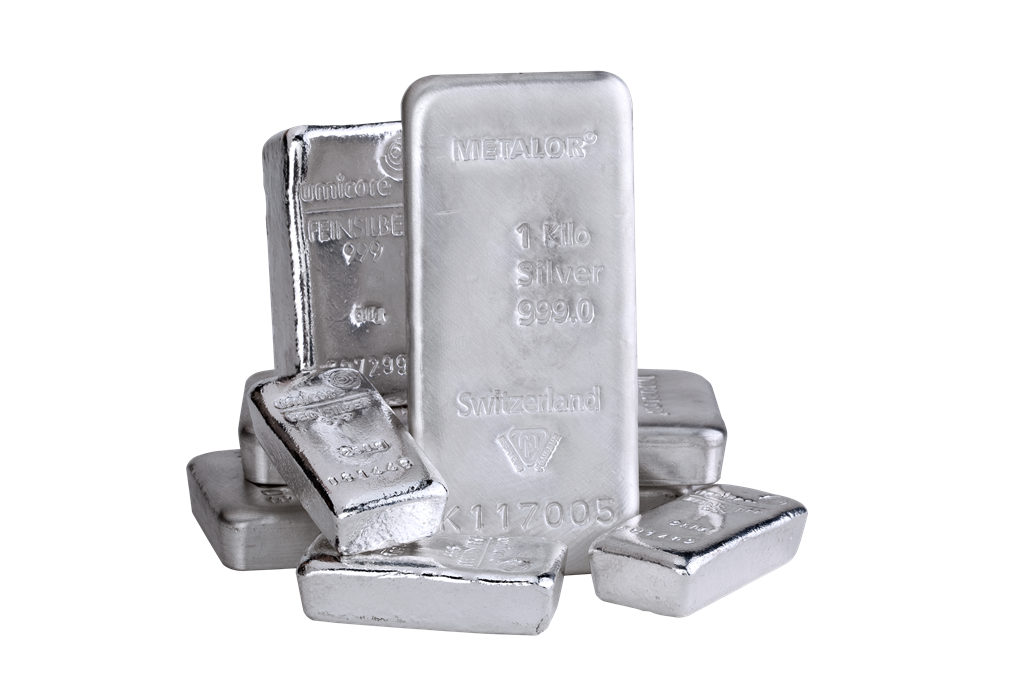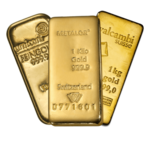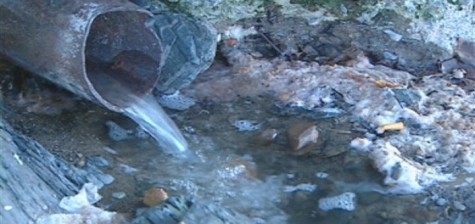
We hold our noses, we put our gloves, pulled out his pan : human excrement and sewage are a potential mine of precious or rare metals such as palladium and vanadium used in electronics, say US scientists.
“There’s metal everywhere as in shampoos and hair conditioners, other care products, laundry detergents and even nanoparticles in socks fiber to neutralize odors”, said Kathleen Smith, a scientist from the American Institute of Geophysics (USGS) at the annual conference of the American Chemical Society. The recovery of these metals would be made by percolation of water, then the problem is the treatment of residual liquids (leachate).
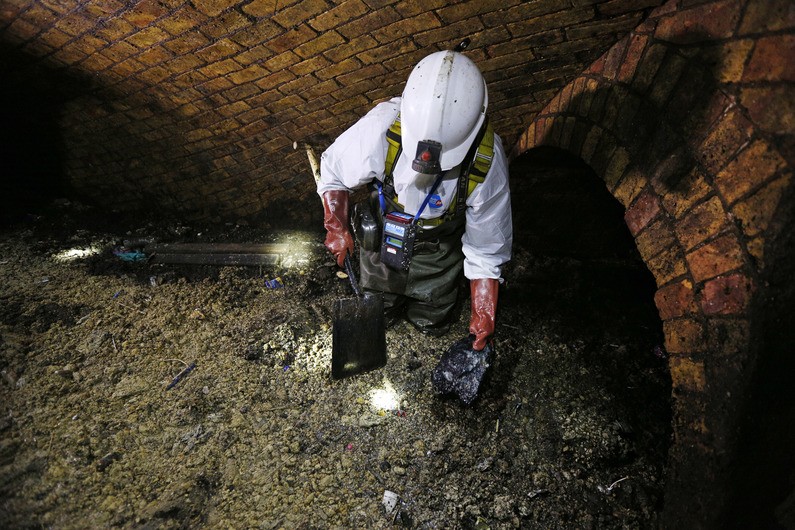
According to Kathleen Smith, more than seven million tons of these residues are thus produced each year in the United States, about half of which is used as fertilizer in crop fields and forests while the rest is incinerated or sent to landfills .
The objective of this scientific research is to get rid of some of these polluting metals that limit the recycling of residues into fertilizer and extract precious metals and elements.
The success of such a process would reduce mining and amounts of these metals ending up in the environment, they say.
In the samples analyzed, the researchers have already found platinum, silver and gold.
“The amount of gold is comparable to those found in mines that would be considered commercially exploitable,” according to Kathleen Smith.
